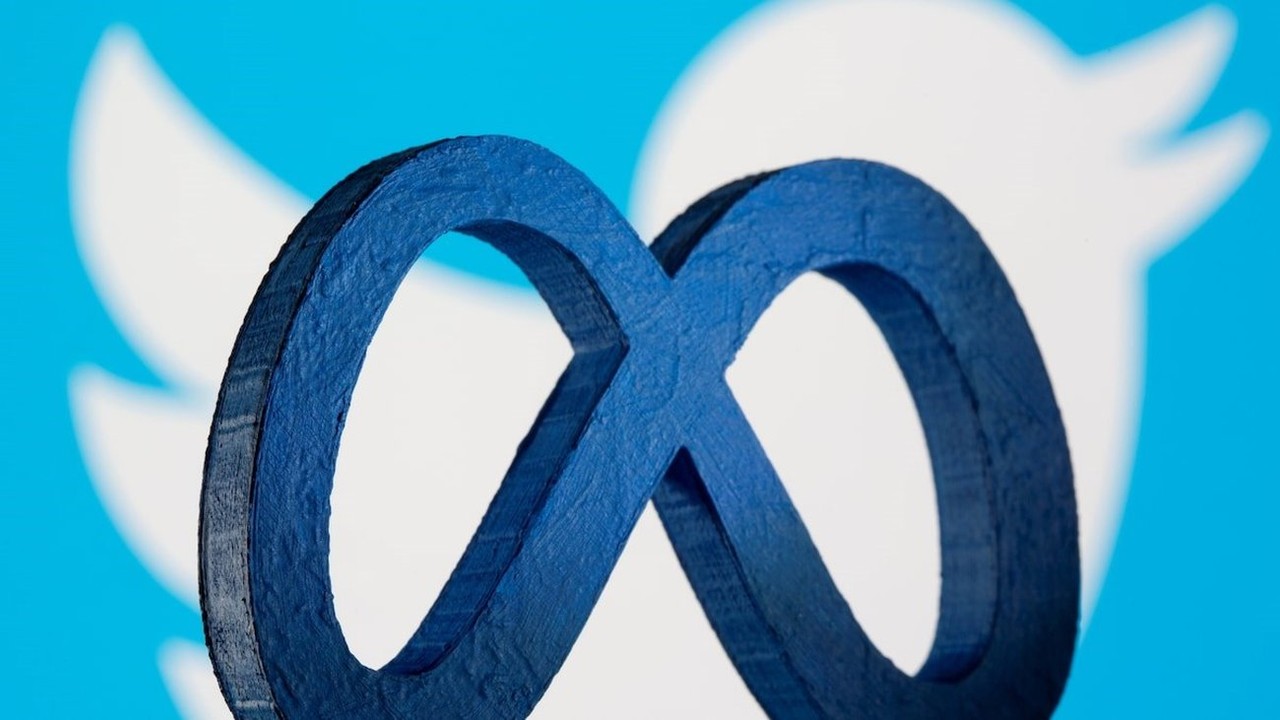Meta pays celebrities millions to become chatbots!
It was revealed that Meta has paid millions to celebrities to have their personas used as AI chatbots.

Meta Platforms Inc. has recently unveiled a new range of AI chatbots, characterized by familiar celebrity visages, such as Kendall Jenner and Tom Brady. Far from being conventional chatbots that offer standard responses, these AI personas have been designed to offer richer interactions. For instance, the chatbot mirroring Kendall Jenner, aptly named Billie, is crafted to function as a virtual elder sister, offering advice to those who interact with her. In contrast, Tom Brady's AI counterpart, named Bru, is keen on delving into intense sports debates.
Although the tech circles are abuzz with this advancement, the approach hasn't been without its share of skepticism and concerns. Financially, Meta seems to be investing heavily in this venture. Reports from The Information suggest that some top-tier creators have been presented with lucrative offers, reaching up to $5 million, merely for six hours of studio time to grant permission for their likeness. Such financial commitments underscore Meta's vision to render AI interactions more relatable and bespoke. However, it prompts the question: is the industry rushing into the AI future?
Meta pays celebrities millions to become chatbots!
Meta's stalwart, CEO Mark Zuckerberg, maintains an optimistic stance. He perceives a significant demand for AI renditions of famous personalities. Simultaneously, he's candid in admitting the challenges of deploying such technology. Many celebrities are apprehensive about the potential misuse of their digital avatars, especially if it results in making inappropriate statements or engaging in controversies.
Furthermore, the introduction of AI celebrities isn't the only initiative from Meta that has drawn scrutiny. The company's release of AI stickers sparked controversy. Disturbing images, including the portrayal of a child soldier and a controversial depiction of Justin Trudeau, were generated by users, amplifying concerns about the ethical boundaries of AI and the imperative need for rigorous content moderation.
Navigating this intricate landscape, Meta finds itself at the crossroads of technological advancement and ethical considerations. Its ambition to redefine the AI chatbot experience might either pave the way for an interactive AI renaissance or inadvertently unleash a torrent of ethical challenges and brand-related concerns. One thing is certain: the tech world is watching with bated breath.
 Details of iQOO 12's camera features surfacedMobile
Details of iQOO 12's camera features surfacedMobile




